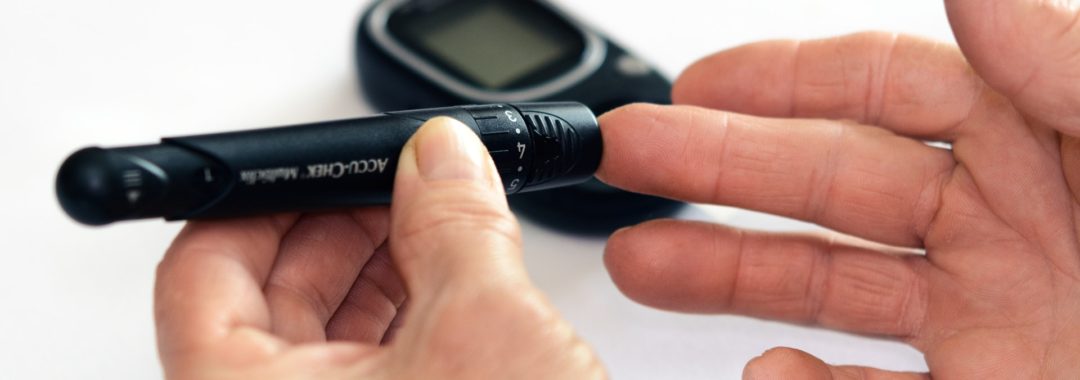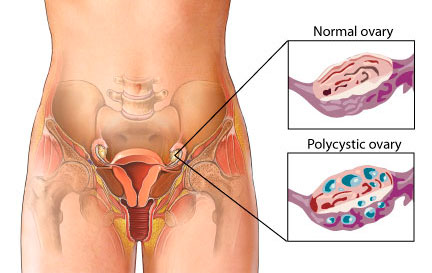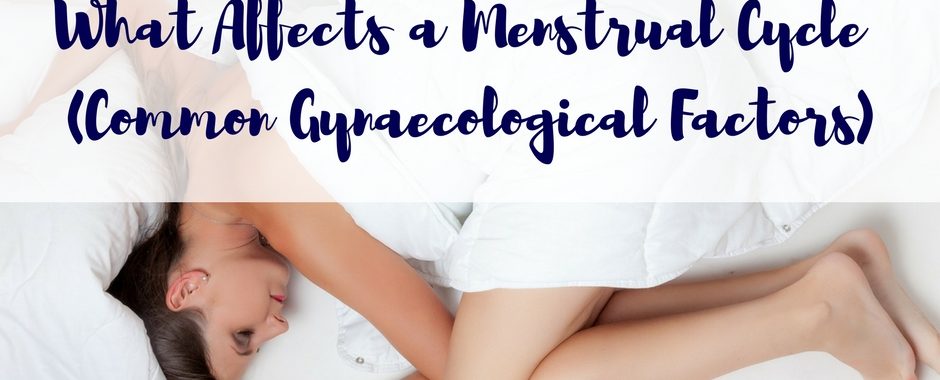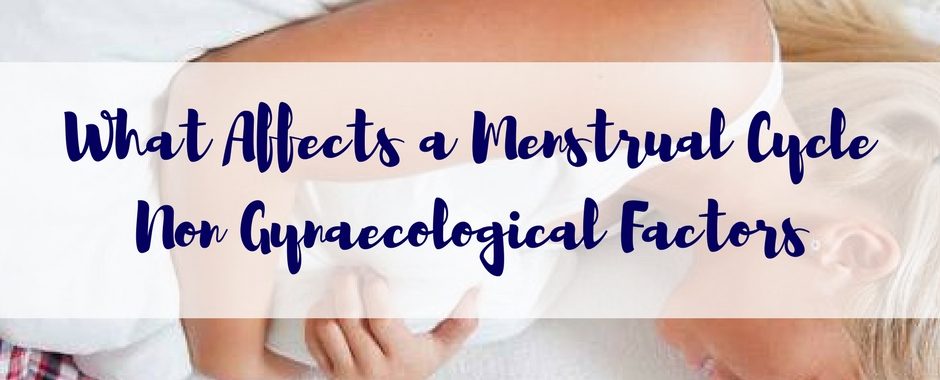I have travelled around this country presenting to both healthcare practitioners and as part of women’s health work shops and I am still amazed that many healthcare practitioners and the general public alike, still do not know what a proper menstrual cycle should be like.
So many women still believe that many of the abnormal symptoms they put up with daily are actually normal and believe that they just have to put up with them. There are many healthcare providers reinforcing this too.
OMG, if the healthcare providers have no idea, then how to we expect everyone else to know. This is why we are seeing so many women put up with gynaecological conditions such as Endometriosis, Adenomyosis, PCOS and many other symptoms they face on daily basis.
Every day I get emails and Facebook messages from women, or see them in clinic, asking me “What Should a Proper Menstrual Cycle Should Be Like?”
I also get asked if PMS, menstrual irregularities and period pain is normal and I have to tell them it is not. To put it bluntly, PMS, severe PMS (known as premenstrual dysphoric disorder-PMDD), irregular cycles and period pain IS NOT normal.
Women should not experience pain during their menstrual flow, and they shouldn’t have to put up with all the horrible symptoms leading up to their menstrual cycle either.
A slight bit of discomfort may be considered normal, but pain and having to take pain killers for that pain, is not normal at all.
The fact is that only 20-25% of women actually get menstrual pain and severe symptoms of PMS. Once there are a greater number of people with a condition, medically the condition is then classed as normal, meaning that a portion of the population get it.
But the problem is menstrual pain and irregularities are not normal and these are signs of problems in the body that need to be checked out by a gynaecologist, reproductive medicine, or a women’s health specialist.
The sad thing is even then, some women are being missed, or offered the supposed quick fix, or patch, that will not fix their issues. The worse things is, in my line of work is that when these things are missed and masked and left for too long, women wake up one day and want babies, and can’t have them, or struggle to have them.
Once again menstrual pain and irregularities are not normal and no matter what mum, your best friend, or you GP says, women should not have to put up with these issues. Period pain and menstrual irregularities are not normal.
Going on the oral contraceptive pill (OCP) will not fix the cause of the issue either. Sure, it can offer some symptomatic relief for some, but it usually just masks a condition and this is why women need to see a gynaecologist or a women’s health specialist for any gynaecology issue.
Masking an issue over the long term can not only make a condition becomes worse, it can also have an impact on future fertility and chances of conception, and this is what many seem to be forgetting. Masking symptoms is not the answer and women need to be informed of all their choices and the consequences of masking a gynaecological issue.
I also need women to know that the contraceptive pill does not regulate a normal menstrual cycle. It causes a withdrawal bleed and does not regulate a normal menstrual bleed. That is a fact. The withdrawal of hormones causes the bleed. The is not a normal period by any means.
So, I am going to tell you what a proper a menstrual cycle should be like and I’m going list what it should be like below. So that way if you are wondering why your menstrual cycle has gone crazy and you cant get enough Ibuprofen, or naprogesics, into your body when you get your cycle, then please remember the list below.
It is so important that I tell everyone what a proper menstrual cycle should be like. If it isn’t like the one I describe you better book in to see me soon.
But, for those who may be trying to have babies, or think that all is OK, don’t be fooled into think that you don’t have a gynaecological issue because you don’t have pain, or irregularities either.
A significant portion of women with endometriosis are asymptomatic (Meaning no symptoms). Many women with PCOS also have regular cycles and all body types can have this disease, not just overweight women.
It is so important for all women to get regular gynaecological check ups by a gynaecologist, a women’s health specialist, or a reproductive medicine specialist, especially if you are trying to have babies and nothing is happening.
What a proper menstrual cycle should be like
- A proper menstrual cycle should be 26 –32 days in it’s length.
- It should be 4 days flow, 5 at the most. Any shorter than 4 days is too short and any longer than 5 days is too long. This isn’t good.
- You”Should Not” get any pain at all. Maybe a slight bit of discomfort is normal, but pain is not normal.
- You “Should Not” get clotting, spotting, etc.
- You “Should Not” get heavy bleeding, or abnormal bleeding in between cycles.
- You “Should Not” get severe breast tenderness, lots of bloating, increased fluid retention, erratic changes to the moods, such as lots of tears or irritability.
These are all signs of irregularities and need to be addressed and many of the causes are above.
Just remember that if you do get bad period pain, or your periods are irregular there is a good chance you may have a gynaecological condition and this need to be investigated.
Don’t let people keep fobbing you off, or keep telling you that the contraceptive pill will “fix” these issues, because that is not entirely true. If there is pain, or irregularities, it means that something is wrong, or out of balance, and it needs to be investigated and managed properly.
If you need help with a women’s health issue, please call my friendly staff and find out how I may be able to assist you.
Take Care
Regards
Andrew Orr
-Master of Women’s Health
-Women’s and Men’s Health Advocate
-No Stone Left Unturned
-The Endometriosis and PCOS Experts











